 Open wechat
Open wechatDental disease is different from other diseases in the body. Dental disease can be prevented. People can not have other diseases in their life, but few people will not have dental disease. Moreover, the development of dental disease is a slow process. If we do not pay attention to prevention, there will be problems and trouble.
In addition, many friends don't take dental disease seriously. They often wait until they have a toothache and turn around before they come to see the dentist. Clinically, they have seen many people with a big hole in their teeth before they think of seeing a doctor. By then, even if the doctor wants to save it, it will be difficult. Today, let's listen to the dentist tell some secrets about dental health. I believe you can effectively avoid the risk of oral diseases after understanding.
1. Can the denture with implant bite hard objects?
Challenge cucumber, pancake, peanuts, beef, no problem. After the implant is planted into the alveolar bone, it will have good initial stability, and then through the bone combination in the healing period, it can achieve good stability, and can bite and chew like real teeth. The problem is to carefully clean the implant teeth every day, and go to the dentist regularly to do professional cleaning and maintenance of the implant teeth.
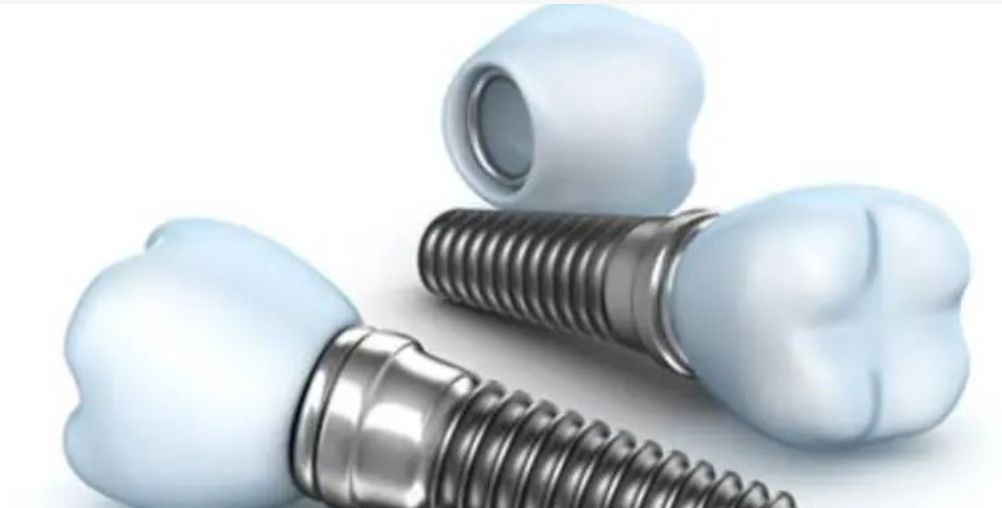
2. They say wisdom teeth are useless. Do you pull them out or not?
Although wisdom teeth have no effect, even some people do not have wisdom teeth. Wisdom teeth that are in a correct position and have occlusal teeth should not be removed easily. However, if the wisdom teeth are not in the right position and often inflamed and swollen, they need to be removed. Generally, the upper wisdom teeth are easier to pull out than the lower wisdom teeth, especially the ambush wisdom teeth, which need a small operation of local anesthesia. After pulling out wisdom teeth, you must have a good rest.
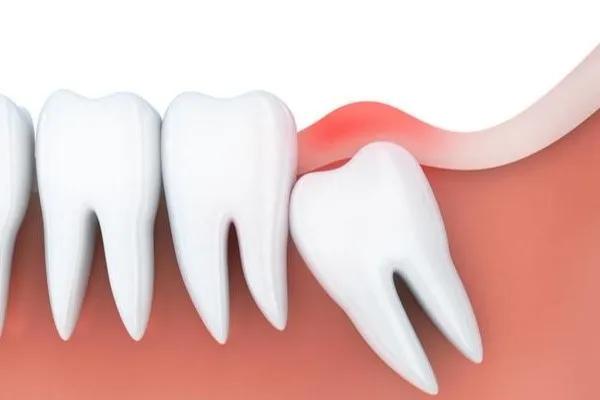
3. It hurts to wash your teeth. Doesn't it matter if you don't wash your teeth for a few years?
It won't hurt. It should be washed every six months. Why wash your teeth regularly? It is necessary to start with the composition and harm of dental calculus. Dental calculus is an important pathogenic factor of gum bleeding, halitosis, gingivitis and periodontal disease. Regular removal of dental calculus can prevent most oral diseases. Dental calculus will regenerate, so it should be cleaned regularly. The frequency is generally half a year to one year. At present, the commonly used method of tooth washing is ultrasonic cleaning, which has little stimulation and does not damage the teeth.
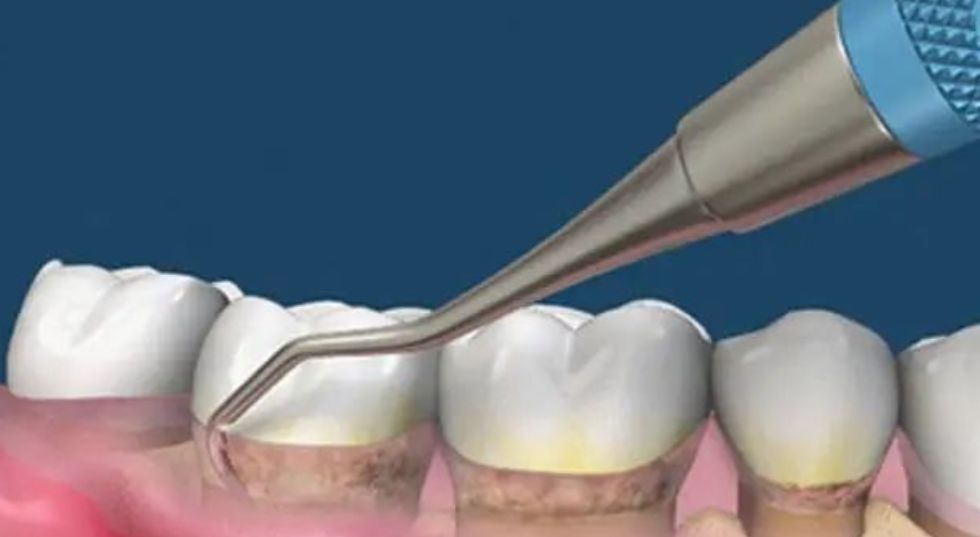
4. Adult teeth grow crooked, can it be saved?
Save, do adult orthodontics. It is divided into two categories. One is that there are no other oral diseases. The main purpose of seeing a doctor is to align the teeth and solve aesthetic problems; The other is accompanied by other oral diseases, such as periodontal disease, temporomandibular joint disease and so on.
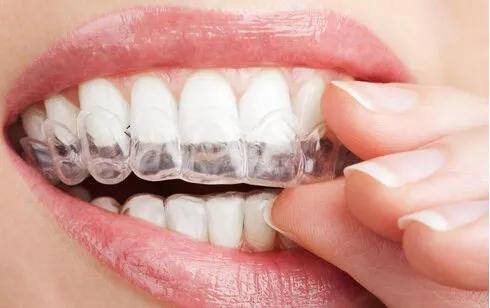
5. Why do teeth become loose?
Because of periodontal disease. The accumulation of calculus at the junction of teeth and gums leads to the gradual invasion and destruction of alveolar bone by bacteria and toxins. The earliest manifestation is gingival bleeding, followed by varying degrees of loosening. If no measures are taken, the fate of teeth is to fall off.
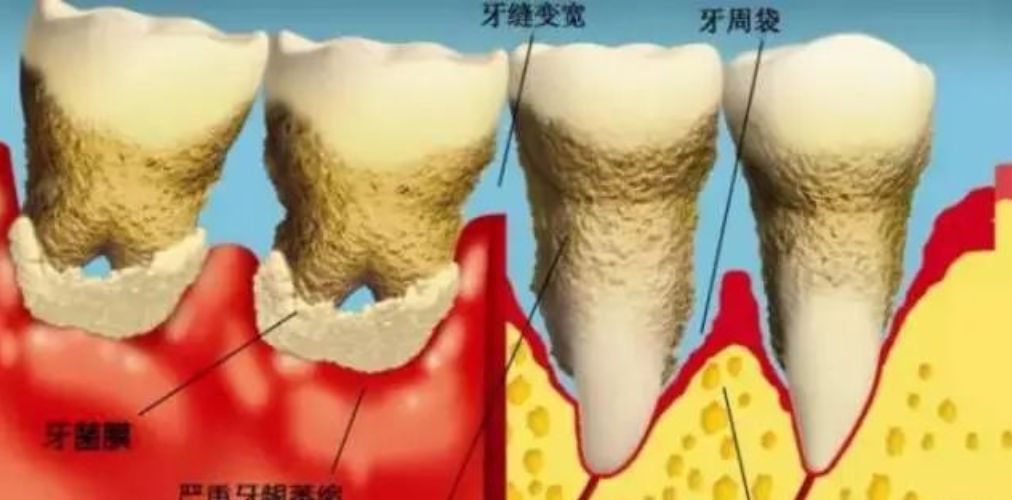
6. How does a tooth become decayed?
The acid produced by sugar in food will constantly corrode the hard tissue of teeth and gradually soften the texture of teeth, which is a gradual and irreversible destruction process. Serious caries will eventually invade the dental pulp (dental nerve) inside the teeth, which is so "rotten".
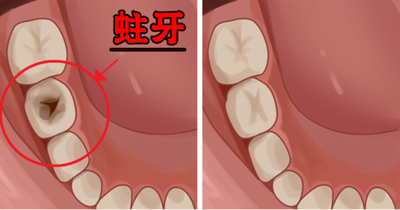
7. Will uneven teeth be passed on to children?
This is an issue that needs careful attention. If both parents have serious dental deformities and uneven teeth, it is very likely to be passed on to the next generation. We should observe the child's tooth development and occlusion early and see an orthodontist in time.
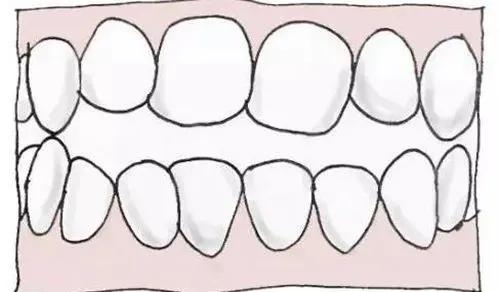
8. Will the fate of "old teeth" happen to everyone?
not always. The World Health Organization (who) put forward the slogan of "80-20", that is, the elderly aged 80 can have 20 teeth. However, it depends on your dental health concept and practical action.

9. How many kinds of toothpaste are there and how to choose?
Although there are many kinds of toothpastes, their role in brushing teeth is similar to that of friction agent. Mechanical friction removes dental plaque and dirt on the surface of teeth. Therefore, it is more important to be serious (more than three minutes) and comprehensive (brush every side of teeth) than choosing toothpaste. As for efficacy toothpaste, we should not only look at the advertisement, but also look at the specific effective ingredients in the ingredient description. At the same time, we should check the standard of efficacy toothpaste of the Ministry of health.
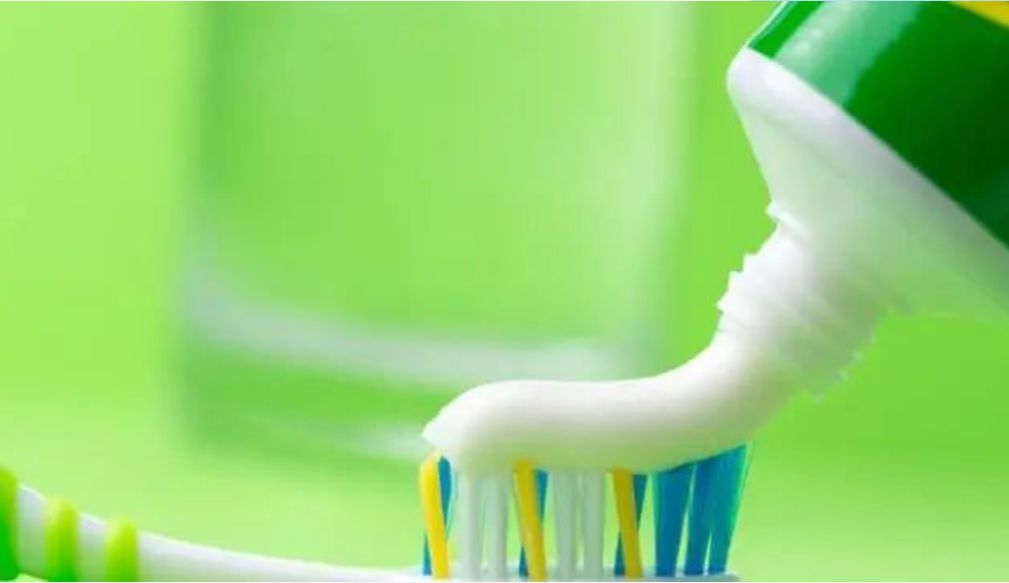
10. Is the soft toothbrush really better than the traditional hard toothbrush?
Yes. Especially when using bass brushing method (gingival local tremor brushing method), the soft bristle toothbrush will more effectively clean the gingival sulcus and other parts, and prevent the hard bristles from damaging the gums when brushing with excessive force. However, there is a disadvantage that soft toothbrush may "pour hair" earlier than hard toothbrush, and the replacement cost is higher.

Having said so much, do you have a deeper understanding of the oral cavity? Our teeth are closely related to life. We must pay attention to personal oral health in our daily life. Problems must be treated as soon as possible, and the cost of early investment will not be too high. In addition, when you encounter dental problems you don't understand, you must not guess blindly. The correct way is to consult a professional doctor~

